Publications
Articles, publications, books, tools and multimedia features from the U.S. Institute of Peace provide the latest news, analysis, research findings, practitioner guides and reports, all related to the conflict zones and issues that are at the center of the Institute’s work to prevent and reduce violent conflict.
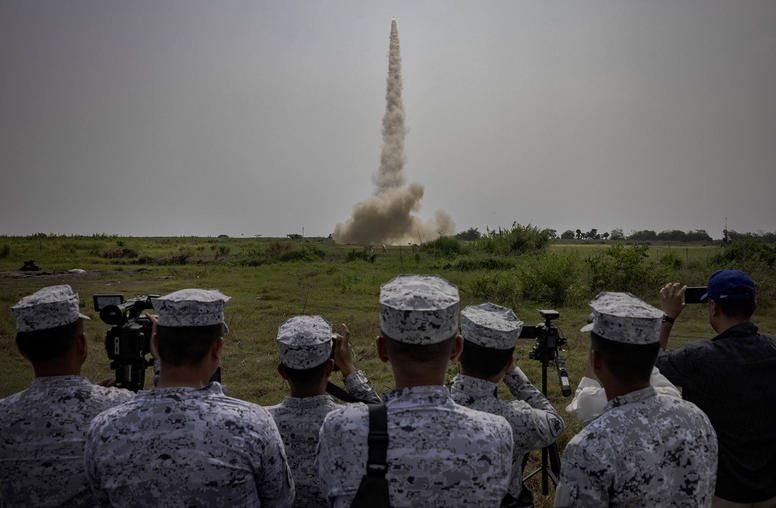
Marcos Meets Biden Amid Tightening Security Ties
Philippines President Ferdinand Marcos, Jr. is in Washington this week, capping off a period in which Washington-Manila ties have seen a sharp turnaround. During former President Rodrigo Duterte’s six-year tenure, he sought to align Manila closer with Beijing, but with ultimately little to show for it. Since taking office last June, Marcos has moved to reverse course, dramatically deepening the 70-year-old U.S.-Philippines security alliance amid China’s increasingly coercive actions in the South China Sea. It is expected that Marcos and President Joe Biden will announce this week plans for stepped up military coordination.
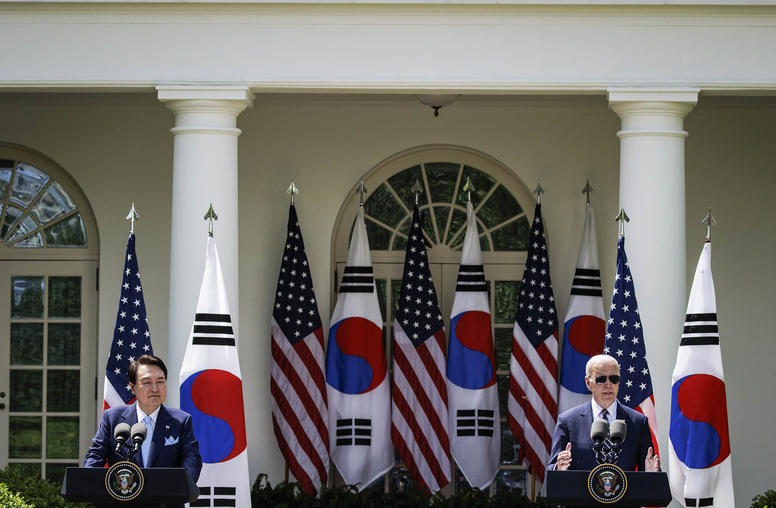
Will the ‘Washington Declaration’ Deter North Korea?
South Korean President Yoon Suk-yeol is in Washington this week as the United States and South Korea celebrate 70 years of bilateral ties. Yoon’s visit is only the second state visit hosted by the Biden administration and the first South Korean state visit in 12 years. While there have been some recent strains in the relationship over U.S. trade and semiconductor policy and Seoul’s support for Ukraine, the focus of the bilateral summit was on the threat posed by North Korea. Although the summit ostensibly achieved both sides’ desired security deliverables related to deterrence, reassurance and nonproliferation, these outcomes will likely not provide enduring solutions to the North Korea challenge.
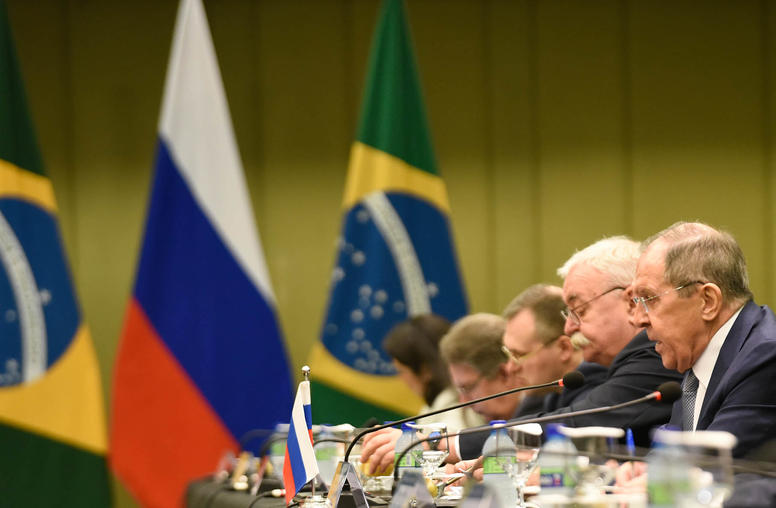
Lavrov in Latin America: Russia’s Bid for a Multipolar World
This past week, Russian Foreign Minister Sergey Lavrov completed a four-country tour of Latin America to reinforce Moscow’s alliances and foster growing partnerships in the region. During the trip, Lavrov met with the heads of state of Brazil, Venezuela, Nicaragua and Cuba in their respective countries, as well as another meeting with Bolivian emissaries during his stop in Venezuela. Lavrov used the opportunity to emphasize the key tenet of Russia’s newest foreign policy concept that was launched in the past month and is shared by regional powers like Brazil: The world is experiencing a revolution in which Western power is weakening and a new multipolar world is emerging.

Dean Cheng on U.S.-China Tensions Over Taiwan
With both U.S.-China and Taiwan-China relations at low points, the United States needs to maintain unity among its multilateral partnerships, says USIP’s Dean Cheng: “China loves to play bilateral games … because 1.3 billion people in the second largest economy gives them a lot of power and influence.”

Brazil’s Economic Ties with China Flourish Despite Political Shifts
Much has been said about how Luiz Inácio Lula da Silva’s third presidency will move Brazil closer to China. Brazil is China’s most important trading partner in South America, and a new agreement to conduct bilateral commerce in their respective currencies rather than the U.S. dollar is expected to further boost bilateral trade. Strengthening China-Brazil relations, especially in the areas of trade and investment, will be at the top of the agenda when Lula meets Chinese President Xi Jinping in Beijing on April 14.
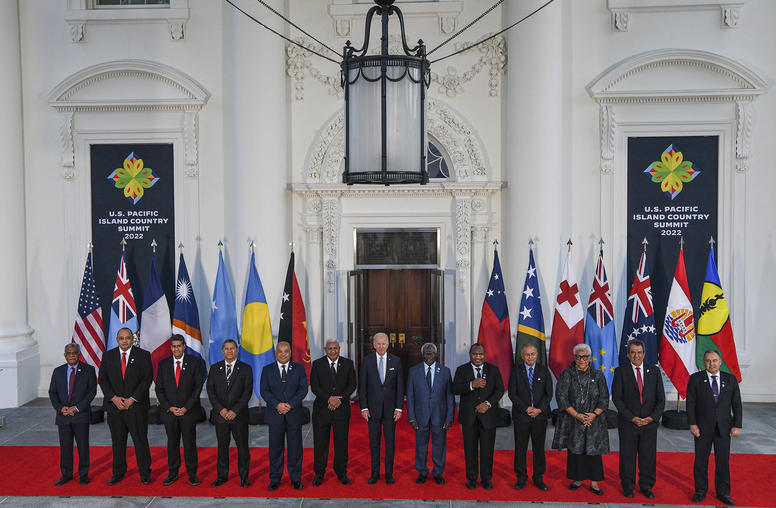
Six Months in, Where Does the U.S.’ Pacific Islands Strategy Stand?
In September 2022, the United States announced the Pacific Partnership Strategy, its first-ever roadmap for the region, amid increasing geopolitical competition between China and the United States and its partners. However, the strategy only makes one reference to Beijing — most of the text details how Washington will tackle the challenges that have been identified as priorities by the Pacific Island countries themselves, especially the climate crisis. This reflects the U.S. government’s understanding that, while some regional leaders have expressed their own concerns about China, Pacific Island countries want Washington to engage with them for their own sake, not just to counter Beijing.
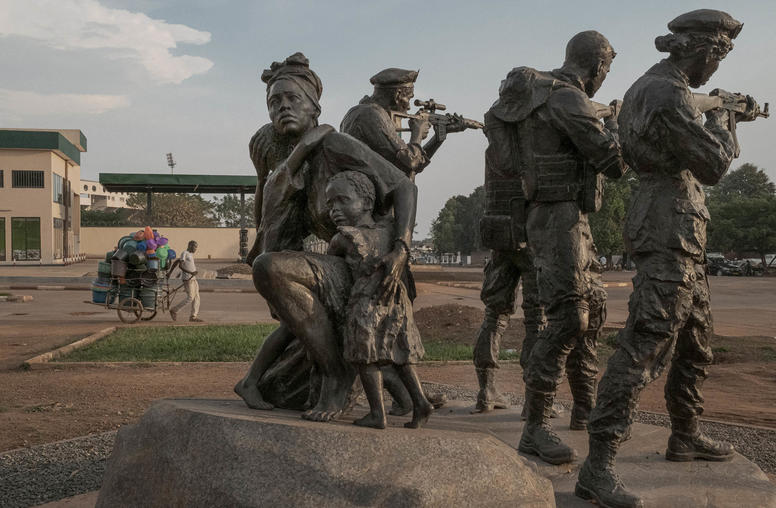
In Africa, Here’s How to Respond to Russia’s Brutal Wagner Group
The United States is rightly concerned at the growing role in Africa of Russia’s Wagner Group, which operates as an auxiliary of President Vladimir Putin’s authoritarian regime. Where African governments have asked Wagner for security assistance, the group deploys military, economic and political interventions that deepen violence, corruption and authoritarian governance. Wagner’s role disrupts Africans’ efforts to move their countries from violent conflict to stability. Yet many Western responses are ineffective, even playing into Kremlin messaging to Africa and the Global South. An effective alternative requires that we listen to Africans’ voices and respond based on our shared values.
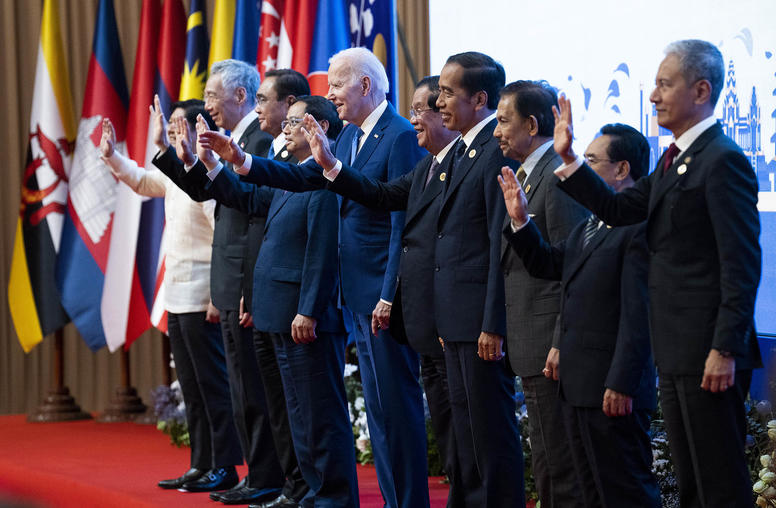
U.S.-China Rivalry: The Dangers of Compelling Countries to Take Sides
As the U.S.-China rivalry intensifies — with some speculating a new Cold War is in the offing — many Asian countries are looking on with concern. If Washington seeks to maintain its role as a global leader, it should be judicious in how it contests Chinese influence in Asia, which seems likely to be the key battleground of the new Sino-American rivalry. The United States must understand that Asian countries do not want to be forced to constantly manage competing pressures from superpowers. Cold War-era Sino-American competition demonstrates that forcing Asian countries to choose sides can ultimately be counterproductive and undermines one of the United States’ chief attributes in this global competition.
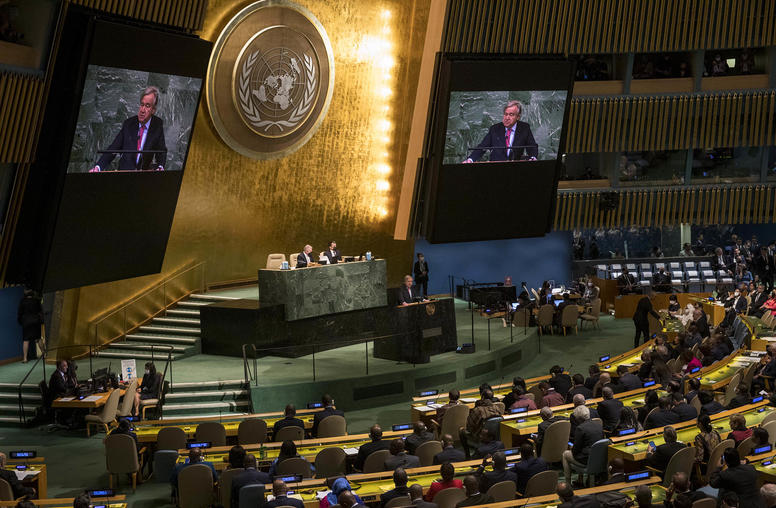
Positivism for Peace: Reforming the International System
Among many insightful and concerning points raised by the U.S. intelligence community’s 2023 threat assessment, it notes that "great powers, rising regional powers, as well as an evolving array of non-state actors, will vie for dominance in the global order … [and] compete to set the emerging conditions and the rules that will shape that order for decades to come.” China’s efforts to supplant U.S. dominance of global governance, along with divisions in the international community over the war in Ukraine have brought to the fore questions over the utility and viability of today’s international order.
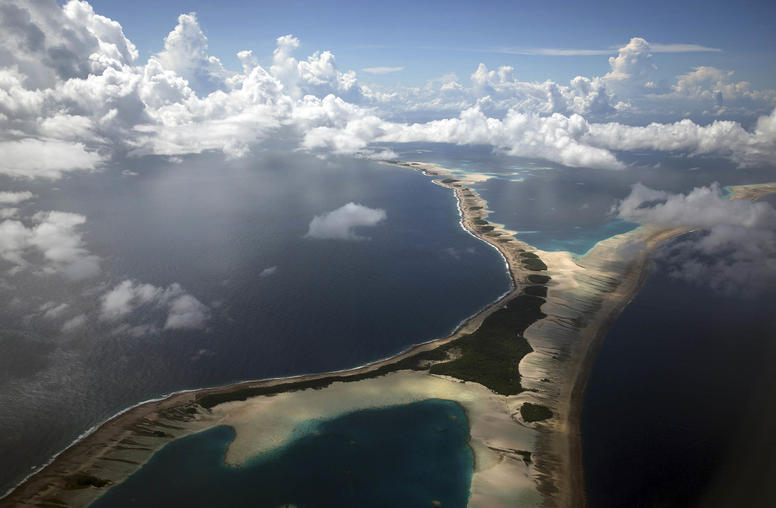
Taiwan and the United States Share Key Interests in the North Pacific
In September 2022, USIP published a report on “China’s Influence on the Freely Associated States of the Northern Pacific,” which consist of the Federated States of Micronesia, the Republic of the Marshall Islands and the Republic of Palau. “China’s engagement in these countries threatens [U.S.] interests both locally and in the broader Pacific region,” said the preface to the report, which makes the case that strengthening U.S. relations with the Freely Associated States (FAS) is essential to secure U.S. interests and prevent China from increasing its influence in the region. This Senior Study Group report largely focuses on the interests of the United States, China and the FAS, but also has significant implications for Taiwan.